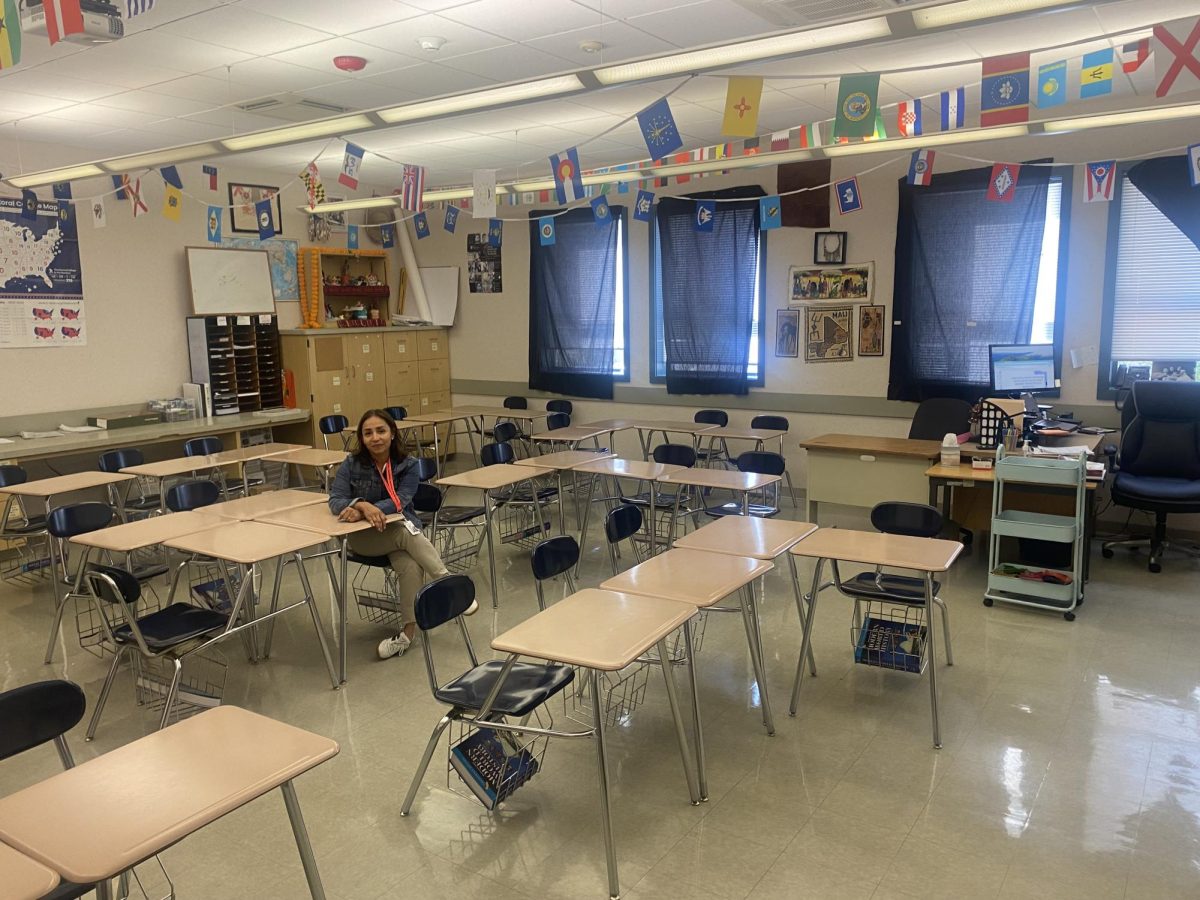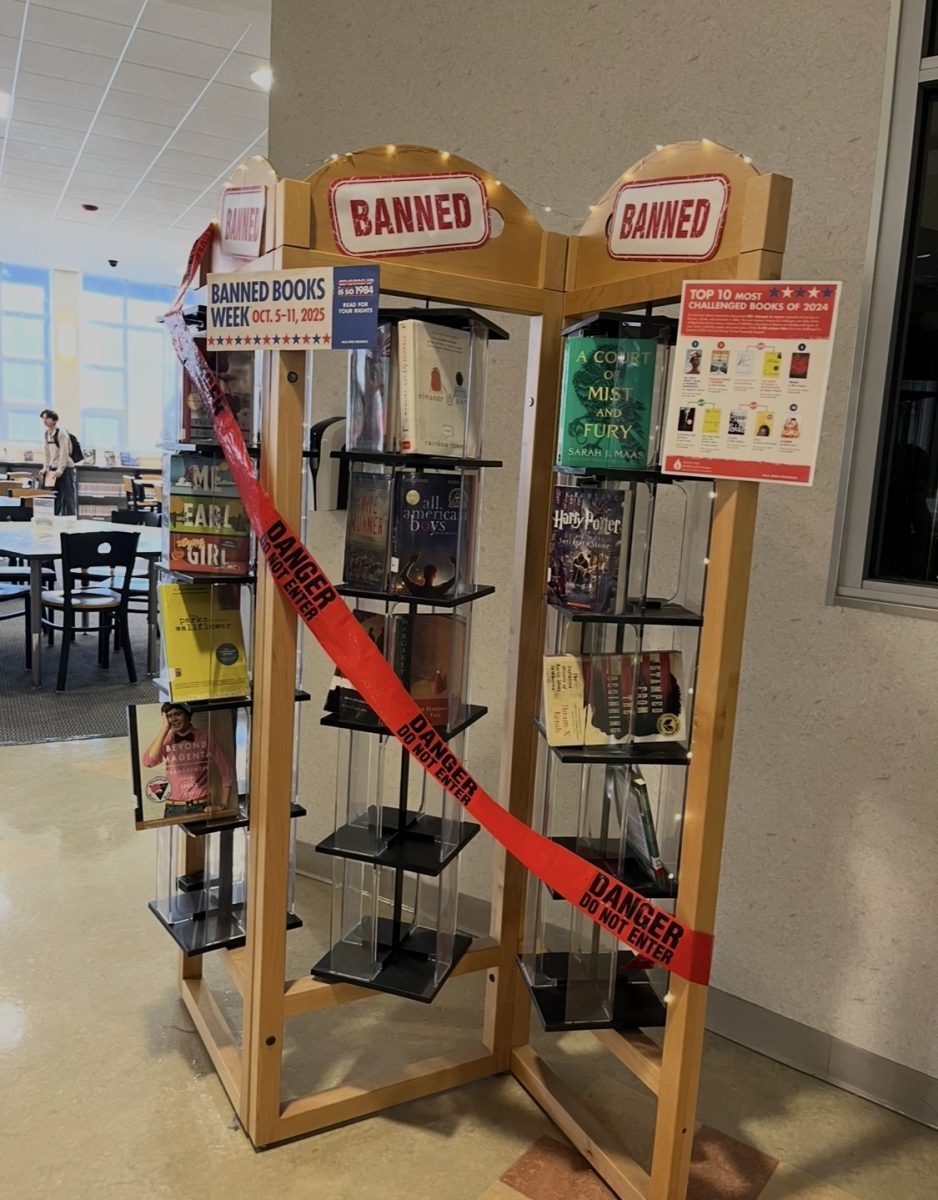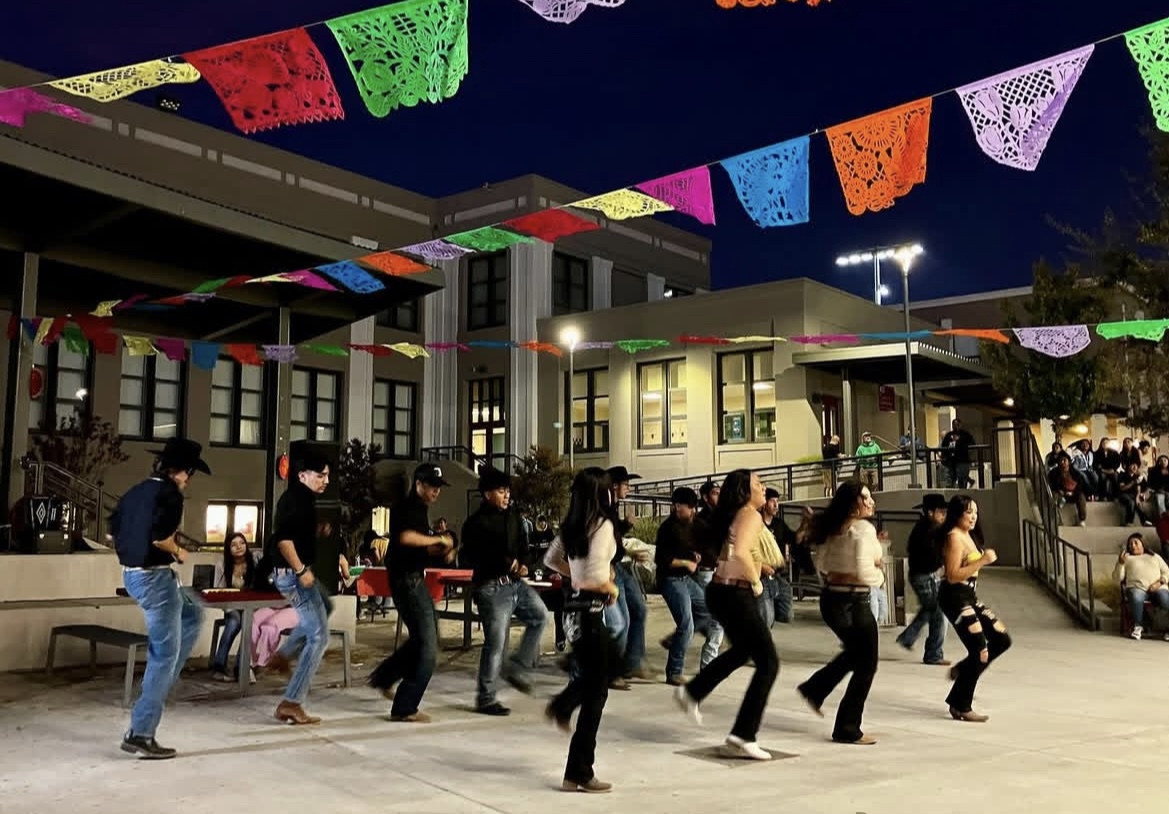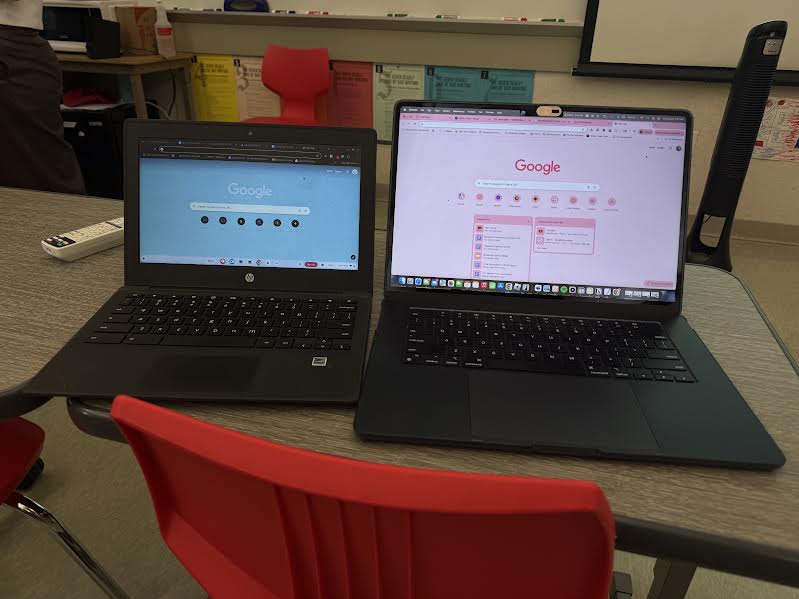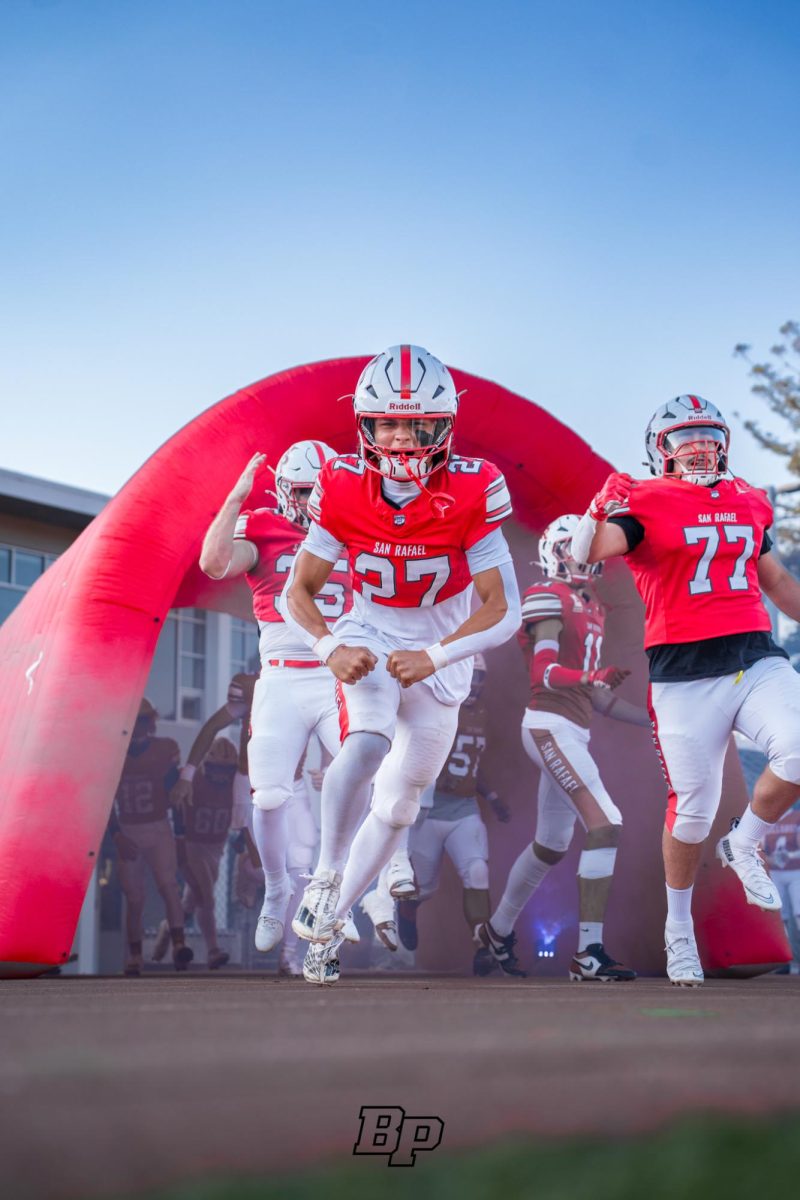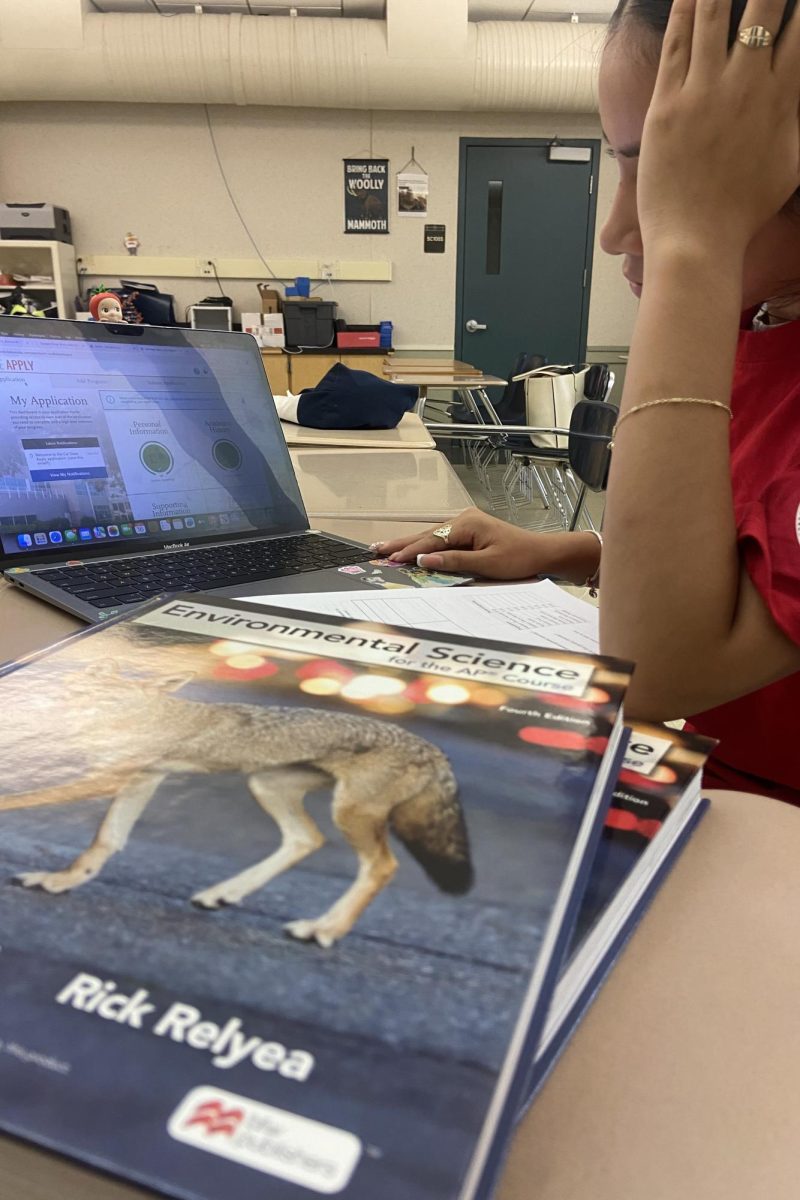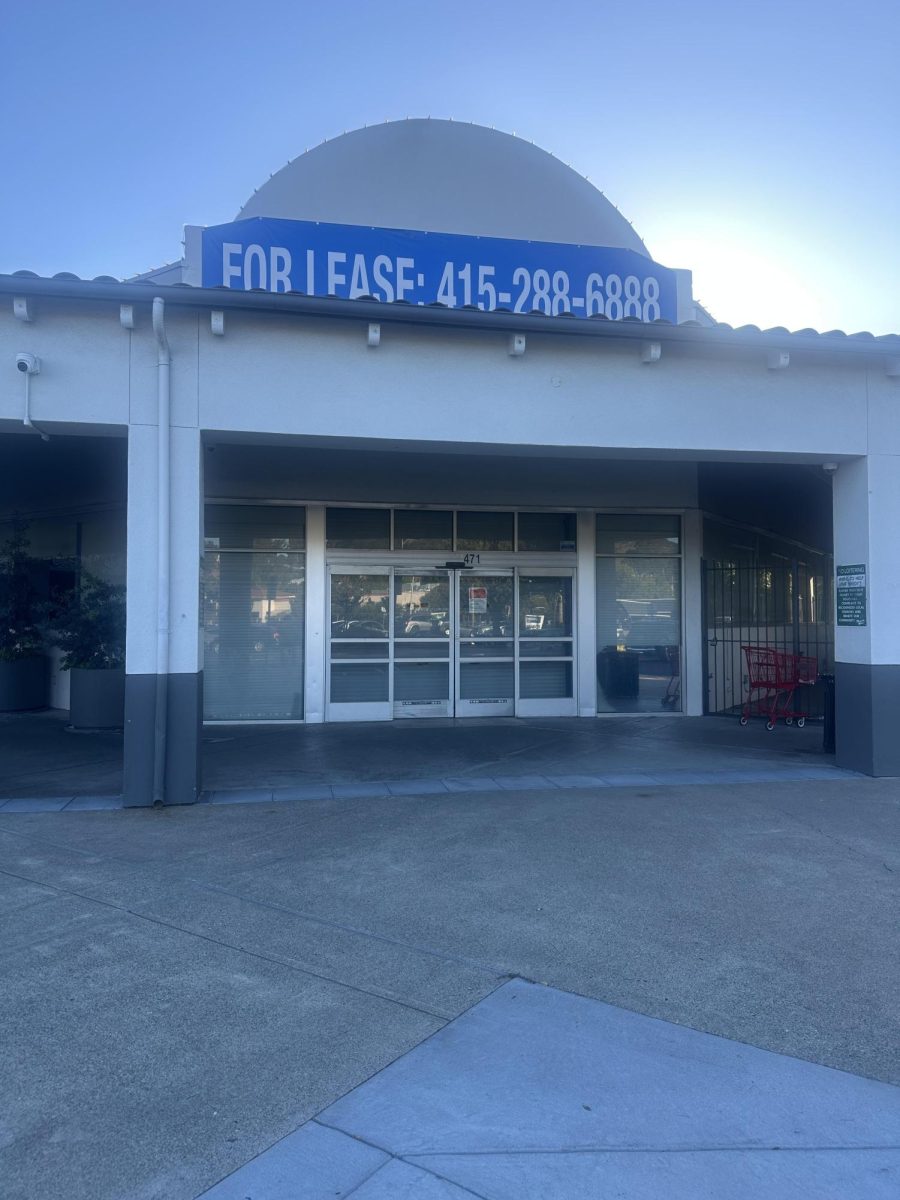College admissions windows are opening up for seniors, and students are preparing applications and realizing, when they glance back at freshman year, that they spent a lot of time worrying about their appearance and clothes, and not what might improve their future applications.
“All I know is my freshman year I was only worried about what shoes I would buy next, college never appeared in my head during that year,” Emerson Calderon explains.
This is the situation for many students at San Rafael High School. Freshmen don’t take into consideration the importance of how they spend their first two years of school. They feel as if preparation starts during their junior and senior years. They may be wrong.
With a majority of SRHS being Latino, the school intends to close the gap with the goal of pushing students to attend college.
Knowing how to approach preparing a college admissions application is really important for first-generation college-goers. Sophia Foronda, a senior at SRHS, says, “A lot of my friends, their parents have completed the whole college experience, went for 4 years or even longer. So, their parents got them set up really early and I feel like that’s how most students are learning, from their parents rather than the school. For the kids whose parents didn’t go or their only resource is AVID, they are not prepared.”
There is reason to believe that current freshmen don’t think at all about what happens after high school.
Juan Carlos Calderon, a freshman at San Rafael High School, says, “Right now I know nothing about college, just that I need to go to get a good job and future but I dont think a lot of it is the school’s fault because we’ve only been here for a little.”
Lizbeth Santos, a SRHS sophomore, says, “All I know is that you have to talk to your counselor about what you do after high school and that the CCC has some information but that’s probably all I know.” Lizbeth finished her freshman year with little knowledge of anything related to college. The CCC, the college and career center at SRHS, offers a variety of opportunities to be put on resumes. However, students claim they don’t get enough exposure.
Huckleberry ACE Academy, a non-profit college and career access program located at Montecito Plaza, strives to push students into their academic goals for post-secondary school.
Yanet Medina, an advisor at Huckleberry, advises freshmen and all students to learn the A-G requirements first. The A-G requirements are a set of standards that need to be met to be college eligible.
Judy Cordova, also a Huckleberry advisor, adds on about some of their students. “We’ve had cases where they have no clue about the A-G requirements and next thing you know they’re in their senior year and they have never taken an art class or a class that is required for college,” she says.
Both advisors report that a lot of the lack of knowledge comes from the absence of motivation for freshmen. Joining a new school can be agonizing and comes with many concerns, one of which is being able to balance work and school, a primary obstacle for many students.
“I think people who are well set and dont need a job are more likely to join internships and [community college] classes because they have more time and are able to gain more opportunities,” says Sophia Fordona.
Emely Chacon, a senior, reports wanting to have more awareness being spread around the school about the variety of opportunities. Students are aware of internships and College of Marin classes that are offered but claim to not know where to start. A stereotype being told to many high-schoolers includes the idea that having outstanding grades will easily get you into your dream school.
However, in many cases universities examine extracurriculars that a student may have achieved in their years of high school. Posters of internships and clubs are shown around the school hallways and are even announced during school hours but are not being told directly to students.
“I think that if freshmen are going to hear this they need to hear it again and again and again and if they are only hearing it once and then senior year, what happened throughout all those years?” Yanet Medina says.
Some students want more communication from the school. SRHS academic counselors manage a large number of students throughout all school years.
“I understand that counselors are busy and have a lot of students but I wished honestly that my counselors would have told me that extracurriculars were essential. I had thought that with a couple of sports, I would be fine. Looking back now I see that I needed to do more,” says Chacon.
Students want to understand the next steps that need to be taken for college preparation earlier. With one-on-one conversations, students feel more familiar with information. “[T]he counselors at our school [can be] a really good resource that a lot of students can benefit [from],” Juan Carlos Calderon emphasizes. Seniors want counselors to give presentations in which students, beginning in 9th grade, are able to ask questions about different topics of college readiness. Students get a lot of support with planning their classes but would like more help with planning the future.
Peter Wolfgram, a counselor at SRHS, acknowledges the importance of starting the exposure early on. He says starting in middle school may even be the right time to start introducing future plans of college. He agrees that addressing it early on in students’ lives makes it easier for it to become a norm. As many of the counselors at SRHS are fairly new, he believes they are all trying to build change and create more push-in lessons for students.
“Compared to some other districts that actually require a college, a college and career course, which is taught in a similar amount of time, usually in 10th grade, I think some of us are coming from that experience and realizing we need to do more instruction,” he says. He adds on that the counseling team is working on building lessons for freshman and 10th graders. It’s something they are getting started on already.
“If they know that college is something they aspire to get into, they should have community,” Judy Cordova says. “Some type of help that they’re going to apply to or some sort of community that they know they can get help in. A lot of students, like freshmen, want to go to college but they don’t really know the process. The last thing we, as advisors want, is for them to go through it alone.”

